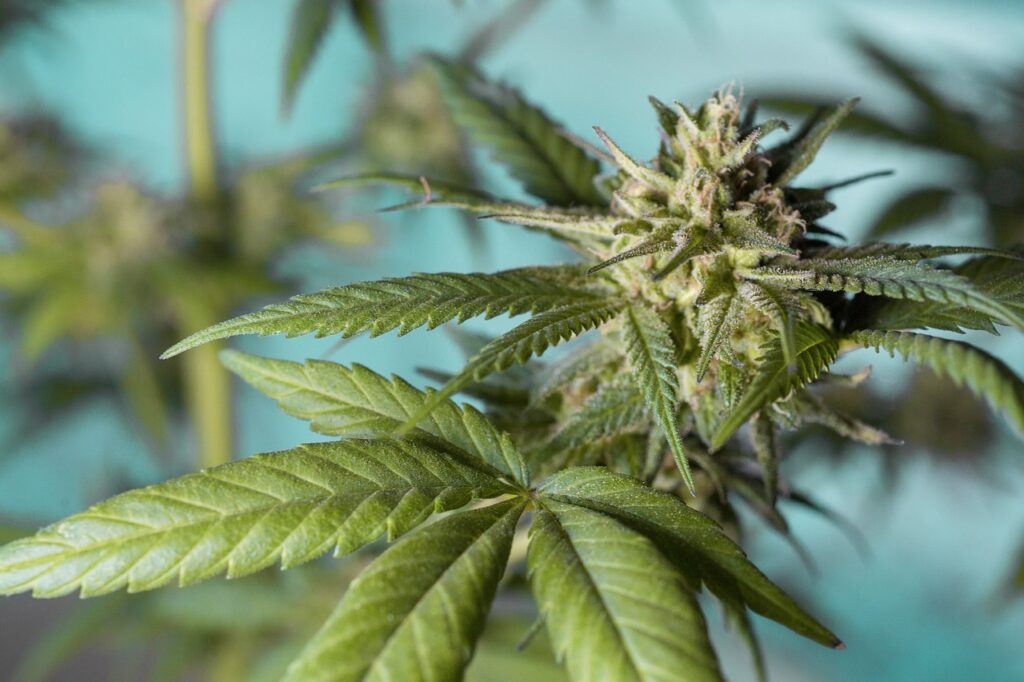Comparing THCA Flower to CBD and THC

The cannabis industry has seen a surge in interest and research, leading to a deeper understanding of its various compounds. Among these, THCA, CBD, and THC stand out due to their unique properties and effects. This article explores the differences and similarities. You can have THCA flower from https://indacloud.co/thca-flower , CBD, and THC, providing insights into their uses, benefits, and potential drawbacks.
Understanding THCA, CBD, and THC
Before diving into comparisons, it’s important to understand what each of these compounds is:
- THCA (Tetrahydrocannabinolic Acid): A non-psychoactive cannabinoid found in raw cannabis. It converts to THC when exposed to heat through a process called decarboxylation.
- CBD (Cannabidiol): A non-psychoactive compound known for its potential therapeutic benefits, including anti-inflammatory and anti-anxiety effects.
- THC (Tetrahydrocannabinol): The psychoactive component of cannabis responsible for the “high” sensation. It is known for its pain-relieving and appetite-stimulating properties.
THCA Flower: Properties and Benefits
THCA flower is gaining attention for its potential health benefits without the psychoactive effects associated with THC. Some of the reported benefits include:
- Anti-inflammatory Properties: THCA may help reduce inflammation, making it a potential option for those with arthritis or other inflammatory conditions.
- Neuroprotective Effects: Research suggests that THCA might protect brain cells, offering potential benefits for neurodegenerative diseases.
- Anti-emetic Properties: THCA has shown promise in reducing nausea and vomiting, which could be beneficial for chemotherapy patients.
Despite these potential benefits, more research is needed to fully understand the effects and optimal uses of THCA.
CBD: A Non-Psychoactive Powerhouse
CBD has become a popular choice for those seeking the therapeutic benefits of cannabis without the high. Its uses are diverse, including:
- Anxiety and Depression Relief: Studies have shown that CBD may help alleviate symptoms of anxiety and depression.
- Pain Management: CBD is often used to manage chronic pain, with some users reporting significant relief.
- Epilepsy Treatment: The FDA has approved a CBD-based medication, Epidiolex, for treating certain types of epilepsy.
CBD’s non-psychoactive nature makes it an attractive option for those who want to avoid the mind-altering effects of THC.
THC: The Psychoactive Component
THC is well-known for its psychoactive effects, but it also offers several therapeutic benefits:
- Pain Relief: THC is effective in managing pain, particularly neuropathic pain.
- Appetite Stimulation: Often used to combat appetite loss in conditions like cancer and HIV/AIDS.
- Sleep Aid: Some users find THC helpful in improving sleep quality.
While THC has its benefits, its psychoactive nature can lead to side effects such as anxiety and paranoia in some users.
Comparing THCA, CBD, and THC
When comparing these compounds, several factors come into play:
- Psychoactivity: THCA and CBD are non-psychoactive, while THC is psychoactive.
- Legal Status: The legality of these compounds varies by region, with CBD being more widely accepted than THC.
- Medical Uses: Each compound has unique medical applications, with CBD and THC being more researched than THCA.
Choosing between these compounds depends on individual needs and preferences, as well as legal considerations.
Case Studies and Statistics
Several studies highlight the potential of these compounds:
- A 2019 study found that THCA reduced inflammation in animal models, suggesting potential for human applications.
- Research published in 2020 showed that CBD significantly reduced anxiety in a group of participants, supporting its use for mental health conditions.
- A 2018 study demonstrated THC’s effectiveness in reducing chronic pain, highlighting its potential as a pain management tool.
These studies underscore the need for further research to fully understand the benefits and limitations of each compound.
Conclusion
THCA, CBD, and THC each offer unique benefits and potential applications. THCA provides non-psychoactive benefits, making it appealing for those seeking therapeutic effects without a high. CBD is celebrated for its wide range of medical applications, particularly in mental health and pain management. THC, while psychoactive, offers significant benefits for pain relief and appetite stimulation. Understanding these differences can help individuals make informed decisions about which compound best suits their needs.